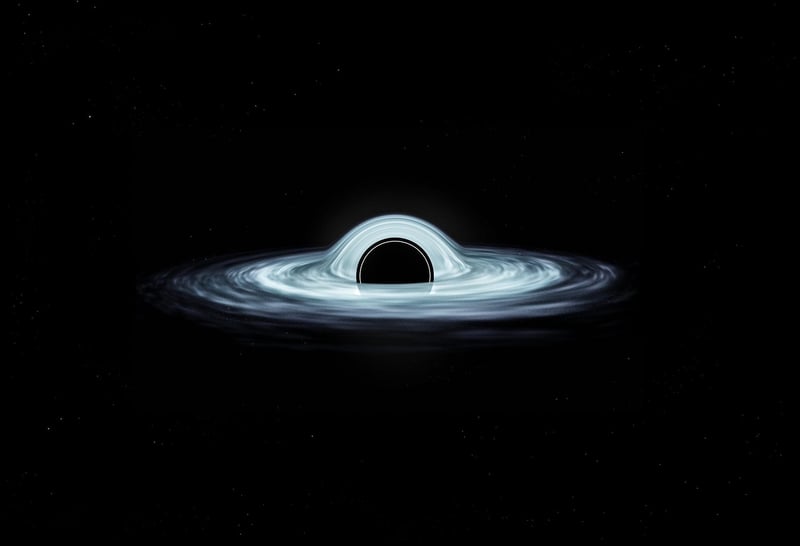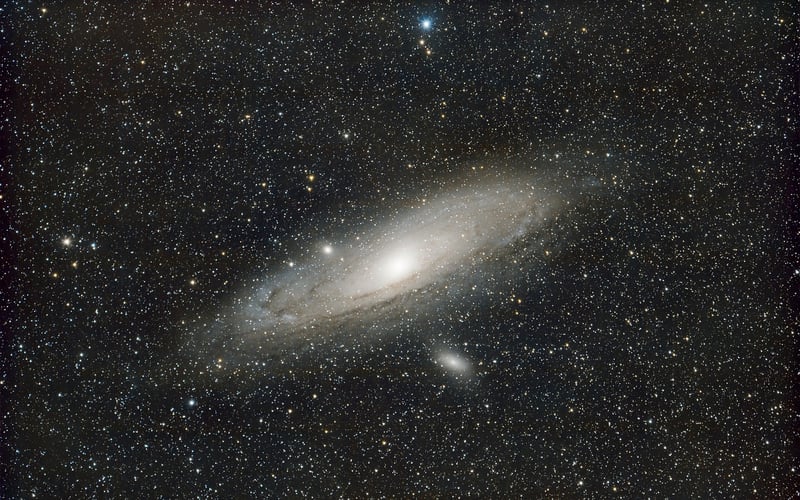Gravitational Waves
The Fascinating World of Cosmic Phenomena and Gravitational Waves
Have you ever gazed up at the night sky and wondered about the mysteries of the universe? Cosmic phenomena, such as black holes, supernovae, and gravitational waves, continue to captivate scientists and enthusiasts alike with their awe-inspiring nature.
Exploring Cosmic Phenomena
Cosmic phenomena are events or occurrences in space that defy our everyday understanding of physics and the natural world. These phenomena often involve massive celestial bodies, extreme temperatures, and unimaginable forces that shape the cosmos.
Black Holes
Black holes are regions in space where gravity is so intense that nothing, not even light, can escape from its grasp. These cosmic entities form when massive stars collapse upon themselves at the end of their life cycle. The gravitational pull of a black hole is so strong that it distorts space and time around it, creating a phenomenon known as a singularity.

Supernovae
Supernovae are powerful explosions that occur when massive stars reach the end of their lives. During a supernova event, a star releases an immense amount of energy, outshining entire galaxies for a brief period. These cosmic fireworks are essential for the creation of elements essential for life, such as iron and oxygen.

Unraveling the Mysteries of Gravitational Waves
Gravitational waves are ripples in the fabric of spacetime that propagate outward from accelerating masses, such as merging black holes or neutron stars. Predicted by Albert Einstein's theory of general relativity, these waves were detected for the first time in 2015 by the LIGO observatory, opening a new era of gravitational wave astronomy.
Studying gravitational waves allows scientists to explore the most violent and energetic events in the universe, providing insights into the nature of gravity, black holes, and the evolution of galaxies.
Current Research and Future Prospects
Ongoing research in the field of gravitational waves aims to detect more events, improve the sensitivity of detectors, and unravel the remaining mysteries of the cosmos. Future space-based observatories, such as LISA (Laser Interferometer Space Antenna), will extend our reach into the universe, opening new windows of discovery.

Delve into the wonders of cosmic phenomena and gravitational waves, and let your imagination soar beyond the boundaries of our world into the vast expanse of the universe.
